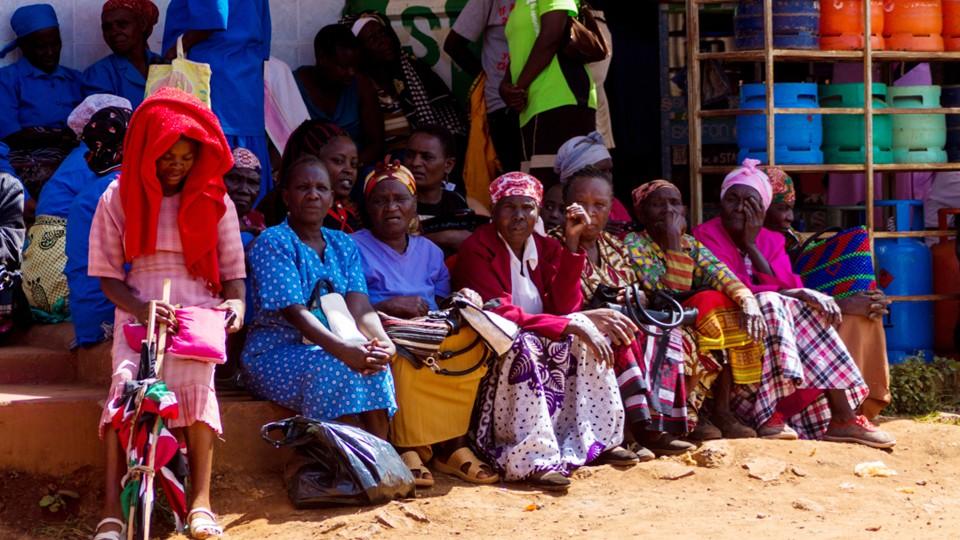NICE rejects Perjeta in post-surgery breast cancer use - again

NICE has continued to reject Roche’s Perjeta (pertuzumab) in its use to prevent early-stage HER2-positive breast cancer from recurring after surgery, after reconsidering evidence in the light of changes to the cost of the drug combination.
The new first draft guidance takes into account corrections to the costs of administering the drugs, and the impact of cheaper biosimilar trastuzumab – a near copy of Roche’s Herceptin – on reducing the overall cost of the adjuvant Perjeta regimen.
It follows on from first draft guidance published in June that rejected Perjeta in this indication.
But NICE said that the drug combination is not an effective use of NHS resources in HER2-positive breast cancer after surgery in people who have a high risk of the disease recurring.
NICE added that a further consultation is needed to give people the opportunity to comment on the updated cost-effectiveness estimates.
NICE said that trial evidence shows that adding Perjeta to trastuzumab and chemotherapy after surgery – adjuvant use – made only a small difference in the proportion of people who remained free of invasive disease.
The effect itself was uncertain and NICE argued there is a lack of evidence on how long adding Perjeta might improve overall survival, if at all.
Perjeta is already recommended by NICE for treating early HER2-positive breast cancer before surgery.
NICE also recommends it for treating HER2-positive breast cancer that has recurred in the breast following initial treatment, as well as metastatic breast cancer.
Consultees, including the company, healthcare professionals and members of the public are able to comment on the latest draft recommendations via the NICE website until 7 September.
A second and final draft is due in autumn, followed by final guidance, which is expected to be published in December.
Perjeta has been on the European market for several years and is one of Roche’s fastest growing medicines, generating sales of around $2.2 billion last year.












